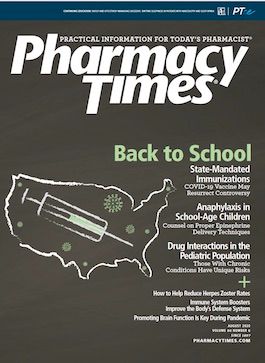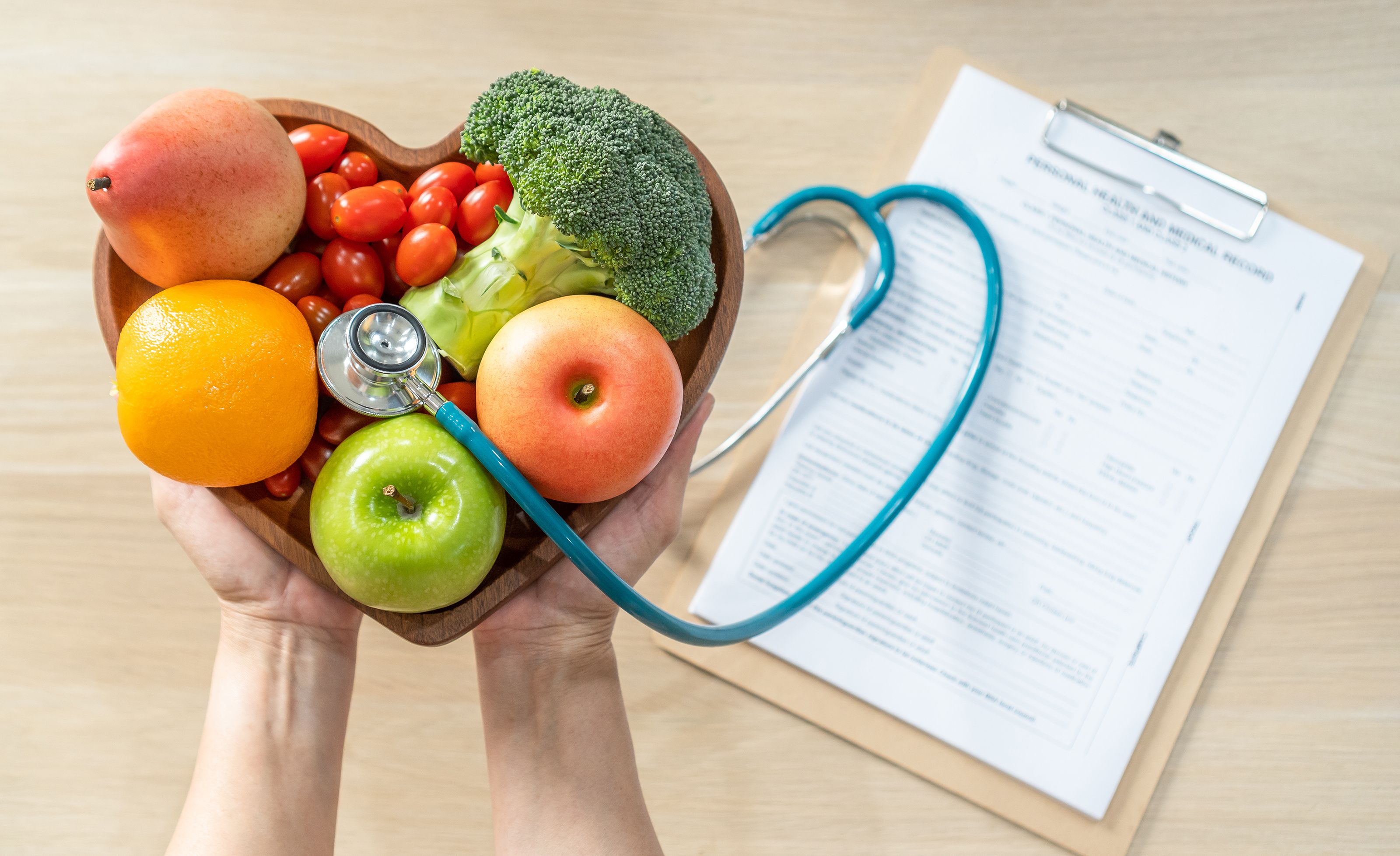Publication
Article
Pharmacy Times
Help Patients Select Immune System Boosters
Author(s):
COVID-19 pandemic highlights how supplements can help improve the body’s defense system.
The immune system functions by using an exclusion barrier—–eliminating pathogens, tolerating nonthreatening sources of antigens, and maintaining a memory of immunological encounters.1
Key functions of the immune system include deactivating pathogens, such as bacteria, fungi, parasites, and viruses, and eliminating them; combating the body’s own cells if they change because of an illness, such as cancer; and neutralizing harmful substances from the environment.1 The issue of immune support is a major concern for many because of the coronavirus disease 2019 (COVID- 19) pandemic and the annual, looming cold and influenza season. As some students return to school in the fall, many caregivers and parents are likely to be concerned about ensuring that their children’s immune systems are strong. Health experts are still unsure about the possibility of a second wave of COVID-19 infections. Many individuals are trying to be proactive about their health and electing to use nutritional supplements marketed for immune support. Until a COVID-19 vaccine and/or FDAapproved treatment is available, health experts recommend frequent handwashing, proper hygiene, social distancing, use of facial masks, and keeping the immune system healthy to diminish the risk of infection. Pharmacists are in a pivotal position to educate and guide patients about the various nonprescription immune-boosting supplements on the market.
These supplements may contain 1 or more of the vitamins A, C, D, and E, along with trace elements of selenium and zinc. Some also contain echinacea, ginger, and other herbal ingredients for immune enhancement. Other products marketed for immune support include prebiotics and probiotics. Some contain colostrum, which is rich in antibodies, and immunoglobulins A and E that may provide immune-modulating benefits.2 Many other products marketed for strengthening the immune system contain elderberry.2 Some manufacturers have formulated immune-boosting supplements to address the specific needs for patient populations by age groups, including adult and pediatric formulations.
RECENT NEWS AND CLINICAL STUDIES
Evidence linking vitamin D deficiency with COVID- 19 severity is anecdotal but growing.3 Health experts have indicated that healthy blood levels of vitamin D may be beneficial in helping individuals with the illness avoid cytokine storm.3 For example, at Northwestern University, investigators used modeling to estimate that 17% of those deficient in vitamin D would develop a severe COVID-19 infection, whereas only about 14% of those with healthy vitamin D levels would.3 They estimated this association based on a potential link between vitamin D deficiency and C-reactive proteins, a surrogate marker for severe COVID-19.3 Although early research is ongoing, investigators are examining the effectiveness of Vitamin D at preventing or easing COVID-19 infections. A list of the current studies is available at Clinical Trials.gov.
Research regarding the use of vitamin C to decrease inflammation and symptoms associated with COVID-19 continues.4 To date, at least 1 clinical trial (NCT04264533) is underway and is expected to be completed by September 2020. The trial is exploring the use of vitamin C infusion as a treatment for severe COVID-19 pneumonia. Additionally, a 2020 metaanalysis of 9 existing clinical trials compared a group of individuals who received an intravenous infusion with a group of controls. The investigators found that, on average, vitamin C shortened the length of mechanical ventilation by 14%.5 The effect varied from study to study, however, and was greater when members of the control group needed longer periods of ventilation.5
In a June 2020 statement, scientists at Duke University announced that they plan to conduct a double-blind, placebo-controlled, randomized clinical trial for the probiotic Lactobacillus rhamnosus GG in households that have been exposed to COVID-19.6 Their goal is to recruit 1000 participants to ascertain whether probiotics can directly diminish the risk and severity of COVID-19 in caregivers and household contacts of known COVID-19 patients. The trial is expected to be completed by May 2022.6
PHARMACISTS’ ROLE
Pharmacists can be influential in assisting patients in the proper selection of these nutritional supplements as well as serve as an excellent resource in identifying possible drug/micronutrient contraindications and interactions. Patients taking other medications and those with chronic medical conditions should always consult their primary health care providers before taking any supplements. Pharmacists can also encourage patients to get sufficient sleep, maintain healthy balanced diets, and reduce stress to keep their immune systems intact.
Yvette C. Terrie, BSPharm, RPh, is a consulting pharmacist and a medical writer in Haymarket, Virginia.
REFERENCES
- How does the immune system work? National Center for Biotechnology Information. Updated April 23, 2020. Accessed July 23, 2020. https://www.ncbi.nlm. nih.gov/books/NBK279364/
- McQueen CE, Orr KK. Natural products. In: Krinsky DL, Ferreri SP, Hemstreet B, et al, eds. Handbook of Nonprescription Drugs: An Interactive Approach to Self-Care. 19th ed. American Pharmacists Association; 2018:957-994.
- Daneshkhah A, Agrawal V, Eshein A, Subramanian H, Roy HK, Backman V. The possible role of vitamin D in suppressing cytokine storm and associated mortality in COVID-19 patients. medRxiv. May 18, 2020. Accessed July 23, 2020. https://www. medrxiv.org/content/10.1101/2020.04.08.20058578v4
- Villines Z. Can vitamin C prevent or treat COVID-19? Medical News Today. June 8, 2020. Accessed July 23, 2020. https://www.medicalnewstoday.com/articles/canvitamin- c-prevent-or-treat-covid-19
- Hemilä H, Chalker E. Vitamin C may reduce the duration of mechanical ventilation in critically ill patients: a meta-regression analysis. J Intensive Care. 2020;8:15. doi:10.1186/s40560-020-0432-y
- Daniells S. Culturelle probiotics to be studied in COVID-19 exposed households. NutraIngredients—USA. June 5, 2020. Accessed July 23, 2020. https://www. nutraingredients-usa.com/Article/2020/06/05/Culturelle-probiotics-to-be-studied-in- COVID-19-exposed-households

Newsletter
Stay informed on drug updates, treatment guidelines, and pharmacy practice trends—subscribe to Pharmacy Times for weekly clinical insights.






